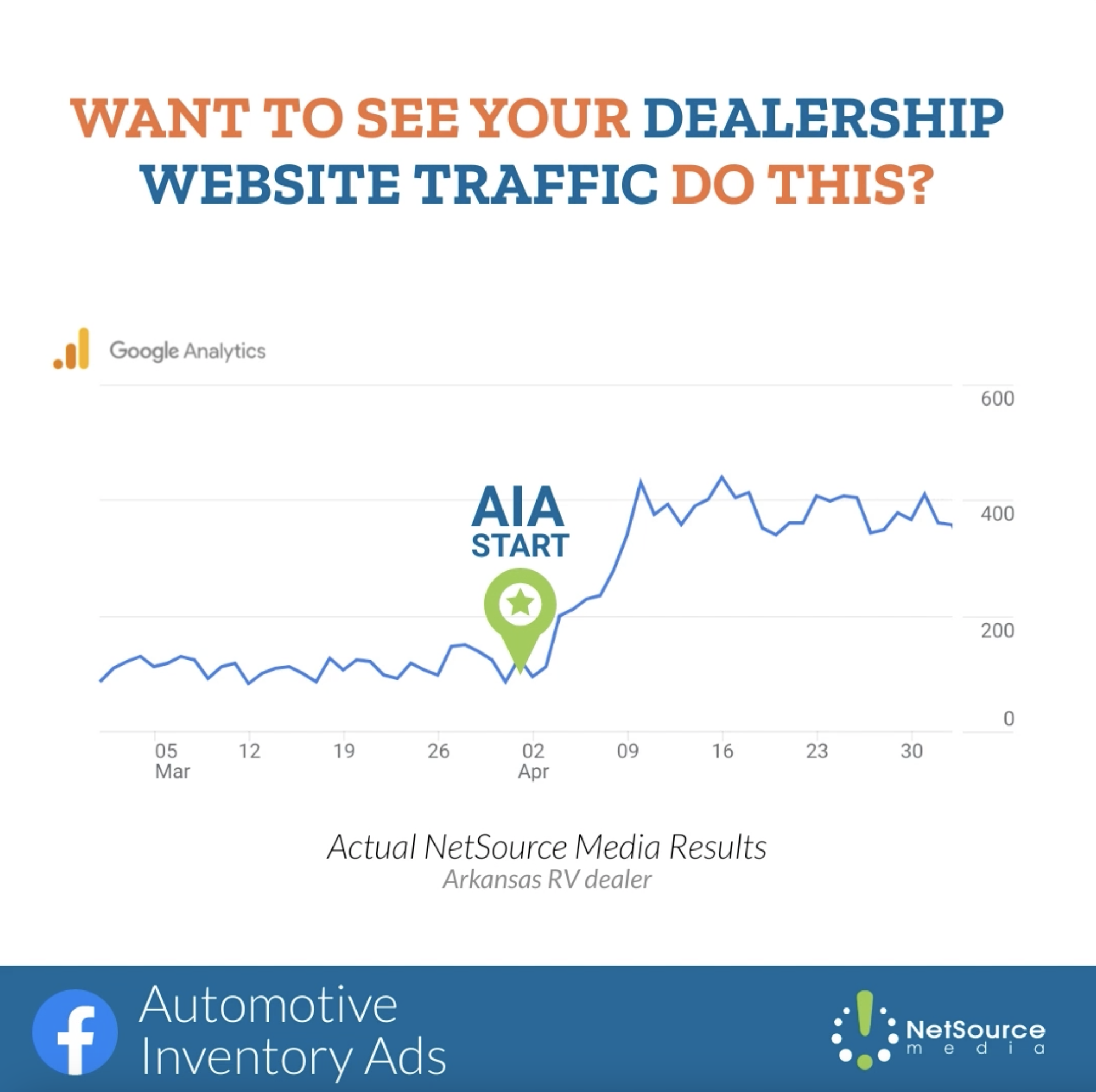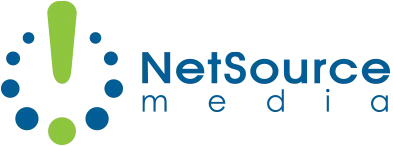There is a new scheme running amok in our industry right now that is fed by a common frustration among our dealership customers. The frustration started mounting last January when Facebook, and its parent company, Meta, discontinued access to Facebook Marketplace for dealership inventory listings. Instead, the social media platform began encouraging vehicle dealerships to share their inventory using Automotive Inventory Ads (AIAs). In this blog, we’ll outline why Facebook Marketplace posting software puts your dealership at risk of losing your Facebook page entirely, and how to advertise your inventory safely and successfully.
Shady Facebook Marketplace Posting Software vs. Automotive Inventory Ads
Can I post my dealership inventory on Facebook Marketplace?
Because of a change Facebook made in January 2023, You can no longer post your inventory to Facebook Marketplace from your business page. You can work around this by having an employee manually upload each unit from their personal Facebook page, or by running paid inventory ads in Facebook Marketplace using Automotive Inventory Ads.
Can a marketing agency advertise my inventory in Facebook Marketplace?
Yes, a marketing agency like NetSource Media can share your inventory to Facebook Marketplace through paid Automotive Inventory Ads.
However, some marketing companies claim to be able to automatically share your inventory organically in Facebook Marketplace, like you could prior to 2021. The strategies they use are in direct violation of Facebook's Terms of Service, which puts your dealership at risk.
Does Facebook Marketplace posting software work?
Some companies claim to sell a product like this, but the strategies they use commit several Facebook rules violations, putting your dealership at risk of losing your Facebook page entirely.
What Exactly Is the Scheme that Dealerships Should Know About and Avoid?
Without naming any agency specifically – so far, we’ve only seen this happen with one agency, but there may be others trying to skirt the rules – the new “scheme” involves a third-party marketing agency advertising themselves as having a special or unique relationship with Facebook/Meta that allows them to post inventory listings on behalf of dealerships using Facebook Marketplace. They may also advertise themselves as a “Facebook Marketplace posting software.”

Not only is this completely counter to everything Facebook/Meta publicly acknowledged a year ago, but every press outlet and trade publication in our industry reported the same thing. The bottom line is Dealerships CANNOT use Facebook Marketplace to promote and sell their inventory organically or without sponsorship (because Ads can appear on Marketplace, including AIAs). Instead, Facebook/Meta is directing dealers to their updated AIA program to share their inventory on Facebook.
Why Should Dealerships Ignore this Agency’s Solicitation?
Simply put, the things this agency is promising to do are in direct violation of Facebook’s Terms of Service (TOS) and Community Standards, Meta’s Advertising Standards (which Dealerships must comply with whether they use AIAs, or any other type of advertising on Facebook or Instagram), as well as Meta’s Business Partners Program Policies. While every dealership with a Facebook page should know and understand the TOS, which you would have acknowledged when you created your Facebook account, you may not remember that the general membership TOS includes a reference to compliance with all other Facebook/Meta policies. That includes the Community Standards, Advertising Standards, and for the agency touting its relationship with Facebook, Meta’s Business Partner Policies. When a member violates any provision in these policies, they inevitably trigger violations of the TOS and put their account at risk of suspension or permanent ban.

How Is This “Scheme” A Violation of These Policies?
First, and perhaps most important, is the fact that the third-party marketing agency that is promoting their Facebook Marketplace posting software as a “unique partnership with Facebook” is violating Meta’s Business Partner Program Policies right off the bat. Inside that policy is a provision, which states:
“Meta Business Partner Program members may not use any terms or phrases that refer to or imply exclusivity, advance access, or a unique relationship when advertising association with the Meta Business Partner program. Please refer to the communication guidelines provided on your program hub for additional guidance on how to communicate about your role as a Meta Business Partner.”
That rule violation puts the agency at risk, for sure, but if a dealership falls for the agency’s claim and allows them to use whatever resources they have to promote their inventory on Facebook Marketplace, they are potentially violating the Advertising Rules AND the Community Standards policies, thereby triggering a violation of the TOS and putting their Facebook account at risk of restricted, suspended, or banned access. If a Dealership account gets banned, the hoops that must be jumped through to prove account ownership and regain access are excessive and time consuming. You DO NOT want to be in that position.

Is This Facebook Marketplace Posting Software Legit?
Here’s the bottom line: despite what they may be telling dealerships, the third-party marketing agency involved in this “scheme” is not able to load your inventory via Marketplace access through your dealership page, which used to be the case. To get around this, their so-called “Facebook marketplace posting software” is creating NEW Facebook accounts – most of which are dummy accounts not related to your business – to add your inventory. This is to skirt the rule that Marketplace listings have to be added as “person-to-person” ads in the Marketplace, so each unit has to be added individually.
Now, while Facebook originally encouraged dealerships to do this, they quickly realized this was not a practical solution because dealerships don’t have the staff capacity to add their inventory one at a time. Hence, the push toward AIAs. Having salespeople upload inventory from their personal accounts has been a workaround but it was NEVER a good idea to post from fake/dummy accounts. Facebook/Meta always wanted one person to have one account and that one account should accurately reflect the person behind it.
But, if a dealership falls for the “scheme” and lets this agency create the ads for them, that will likely trigger a number of violations that will threaten the dealership or the owner of the dealership’s Facebook page.
Take your pick from the following potential violations:
“Ads must not use tactics that are intended to circumvent our ad review process. This includes techniques that attempt to disguise the ad’s content or destination (landing) page.”
– Meta Advertising Standards
By creating a false account to promote their inventory, a dealership is essentially attempting to circumvent the ad review process that would have denied approval of the ad because it was tied to the Dealership page – this no longer allowed on Marketplace.
“Ads may not promote the sale of products that the advertiser does not personally own or have authority to sell, without disclosing this as part of the ad (eg, an advertiser selling furniture on behalf of their grandmother, who may be entering a nursing home).”
– Meta Advertising Standards
Dealerships who try to promote inventory on Facebook Marketplace using individual accounts created by the third-party marketing agency are violating this rule by not disclosing who is listed as the owner on the title of the unit being advertised. It’s not likely the individual whose account is being used to promote the item, and if the Dealership is disclosed, the ad would not likely be approved.
“We want to make sure the content people see on Facebook is authentic. We believe that authenticity creates a better environment for sharing, and that’s why we don’t want people using Facebook to misrepresent who they are or what they’re doing.”
– Meta Community Standards
By creating accounts that may or may not be linked to the Dealership Facebook page, and then sharing inventory on Marketplace with these accounts, the Dealership would be violating the standard of “Authenticity” described above. This almost always results in a suspension or ban of the account being accused of violating this community value. Our advice: avoid this at all costs.
Why It’s Not Worth Violating These Policies
Any violation of one or all policies could result in any number of negative outcomes, up to and including restrictions on your Dealership’s access to certain features/benefits on the platform or suspension/revocation of your Dealerships access to Facebook. Period. That may seem extreme for something that doesn’t harm anyone – like cyber-bullying, for example – but Meta/Facebook is serious about enforcement and uses these extreme disciplinary options to deter members from blatantly violating any of their terms, rules, and policies.
As they say, knowledge is power. We don’t want any of our customers facing a situation where their access to a critical social media platform is in jeopardy because they fell for a dirty Facebook marketplace posting software scheme. If it sounds too good to be true, it probably is – especially if we’ve already told you that something is no longer possible. We don’t say that for jollies. We say it because it’s true.


